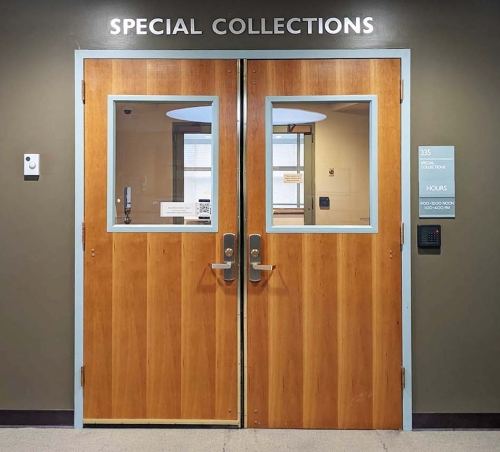Union College requires that different types of records be retained for specific periods of time. The College is committed to effective records retention to preserve its history, meet relevant legal standards, optimize the use of space, minimize the cost of records storage, and ensure that obsolescent and useless records are destroyed.
The College takes very seriously its role in preserving the history and traditions of the institution, including historically important materials created not merely in the past but as an ongoing part of the current and future operations of the College. The Department of Special Collections & Archives has primary responsibility for this archival function. The archives serves as the institutional memory of the College and plays an integral role in the management of the institution's information resources in all media and formats.
To fulfill the responsibilities of that role, the archives identifies, acquires, maintains, and preserves records of enduring value that chronicle the institution and ensure its continued existence. The archives documents the process of institutional evolution by retaining both the evidence which shapes decisions and the decisions themselves.
